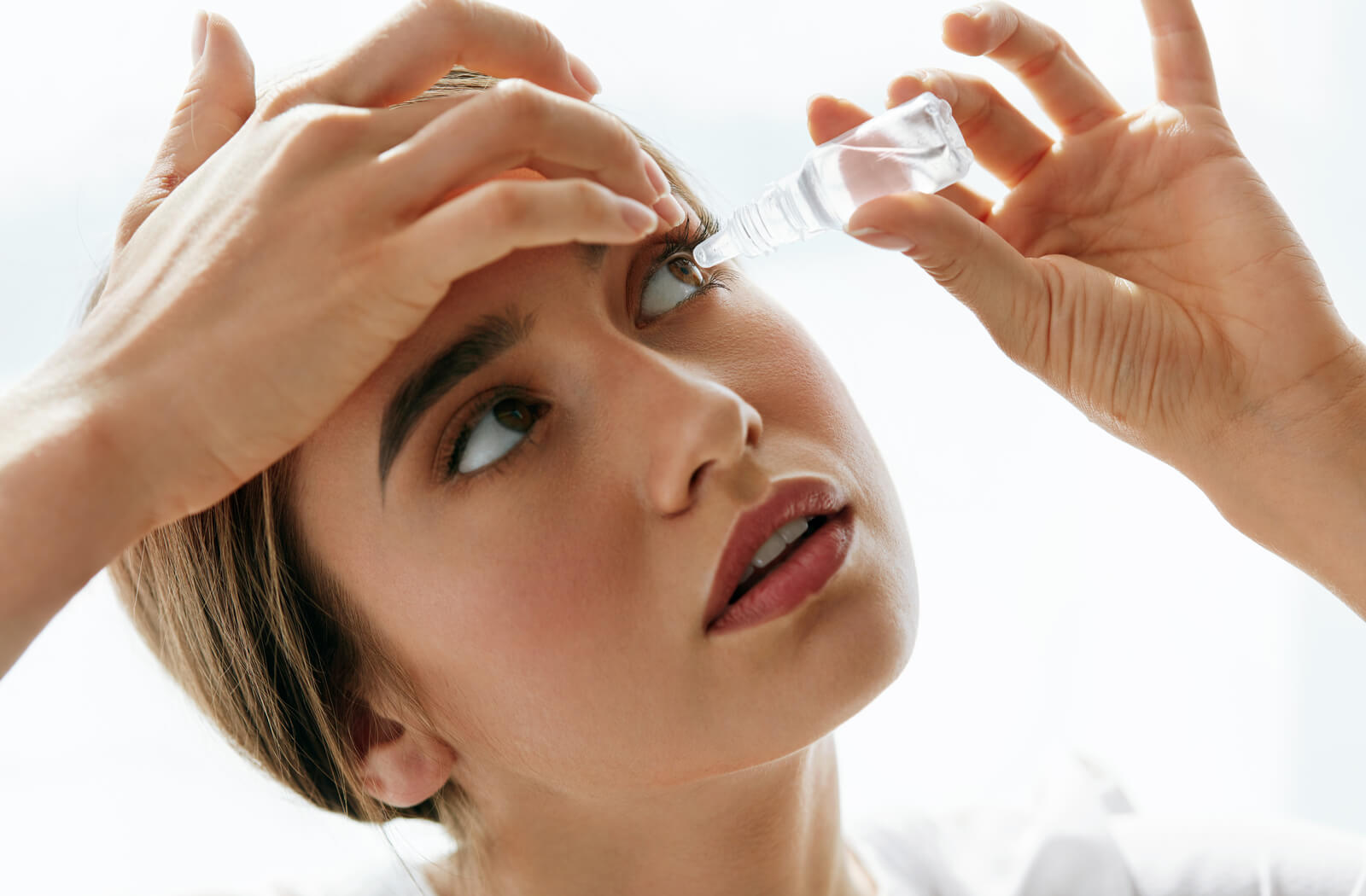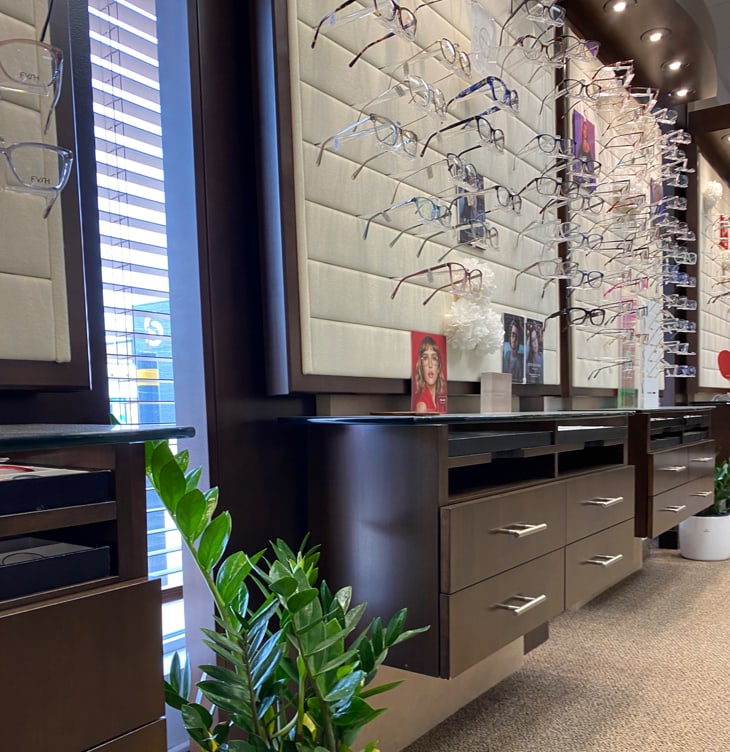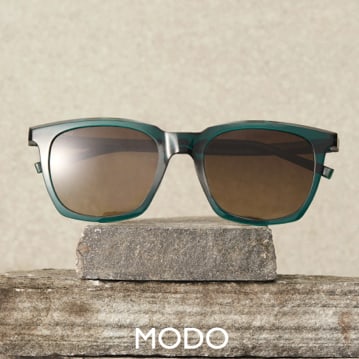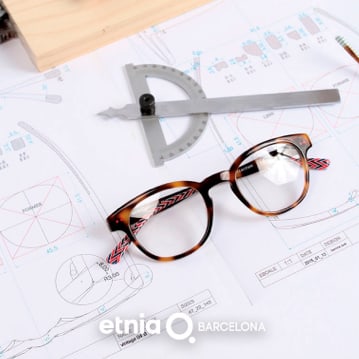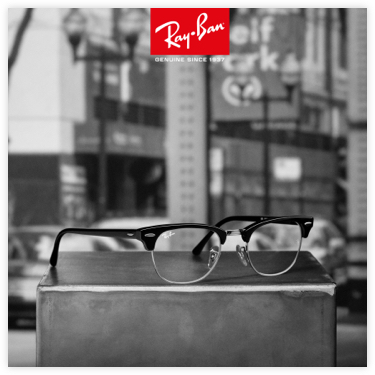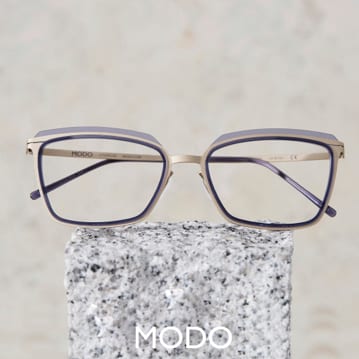Whether it’s allergies or some other reason, eye drops are a pretty common tool for eye care. As with anything medicinal, paying attention to expiry dates is part of using the eye drops properly—even over-the-counter (OTC) eye drops.
You may have fought hard to put eye drops in your eyes, so we want to make sure you know what to look for before starting.
So, Can Eye Drops Expire?
Yes, all eye drops expire, whether they are prescription or an OTC variety. The expiry varies from product to product, so it’s important to read all the instructions if you’re using a new brand or type.
The other thing to keep in mind is that sometimes eye drops expire under different circumstances. For example, a bottle may have an expiry date for a set date regardless of being opened. However, the instructions may tell you that the eye drops will expire in a certain number of days upon breaking the seal.
Key takeaway: Read the manufacturer’s instructions carefully to ensure you’re not using expired eye drops.
Is it Safe to Use Expired Eye Drops?
If you use expired eye drops, you may get lucky, and nothing negative happens. However, it’s never a good idea to risk using anything medicinal past its expiry.
In the case of eye drops, it’s possible they could be contaminated with bacteria once the preservatives begin breaking down. Suppose you put the eye drops in after that. In that case, you may be introducing those germs directly to your eye, which could potentially cause problems like serious infections.
Problems aside, the manufacturer of the drops cannot guarantee the effectiveness of the eye drops past the expiry date. So, not only is there an increased chance of infection with an expired product, but there’s potentially not even the benefit of relief from the original issue.
What Causes Eye Drops to Expire?
Eye drops have preservatives to keep them safe and effective to use. Over time, these preservatives break down and leave the medication susceptible to bacterial growth. There’s no standard time frame because various drops sometimes have different preservatives that last varying lengths of time.
Upon opening the container, exposure to the air may increase the breakdown of preservatives. This is why some manufacturers give a second expiry date once the drops are opened.
Direct contamination can also cause eye drops to be “expired” even if they haven’t reached the date. The best way to combat contamination is to store and use the drops as recommended.
For example:
- Not touching your eye with the dropper
- Washing your hands before use
- Storing the container in a safe place at the appropriate temperature
Common Uses for Eye Drops?
Everyone will usually use eye drops at some point in their lives. Typically it’s a temporary need, like during allergy season, for example. An eye doctor may prescribe a better eye drop other times based on your needs, symptoms and clinical presentation.
Eye drops aren’t just for lubrication, either. Steroid or antibiotic eye drops are often used for treating certain conditions or in preparation for eye surgery.
Some of the most common reasons for eye drop use are:
- Dry eye disease
- Eye Allergies
- Conjunctivitis (pink eye)
- Before and after surgery
- Combating inflammation from an injury or infection
- Glaucoma
Using Expired Eye Drops Accidently
Accidently using expired eye drops isn’t hard to do. Maybe you’re in a rush, and your eyes are bothering you, or perhaps you misread the label. Whatever the case, there’s no need to panic. Nothing may happen.
However, it’s a good idea to visit your optometrist for any signs of infection, such as blurred vision, pain, redness, discharge and/or light sensitivity.
When you visit your optometrist for a comprehensive eye exam, it’s recommended you bring your bottle of eye drops with you. There are so many kinds of eye drops on the market, so knowing what kind you are using can help your doctor tailor a plan to your needs.
Discuss Your Eye Drop Options With an Optometrist
Typically the instructions and the bottle or packaging are clear about the expiry. However, expired eye drops are not something to guess at. So, if you’re unsure about the safety of your eye drops, reach out to Old South Optometry. The knowledgeable staff can help determine whether your eye drops are good or help you find some that are right for you.


